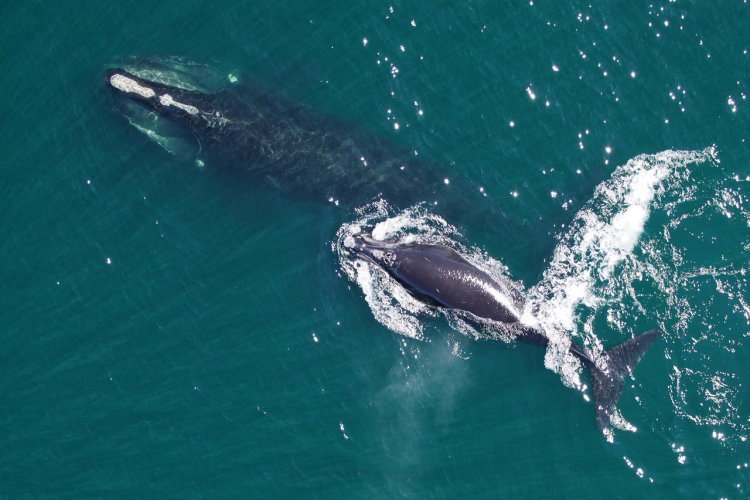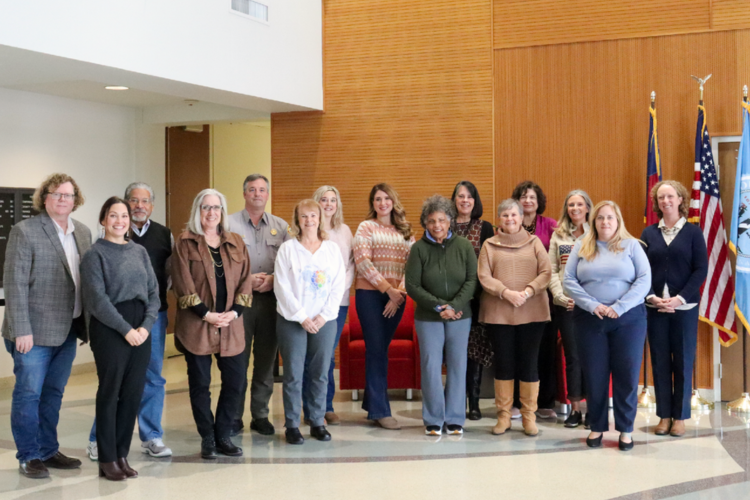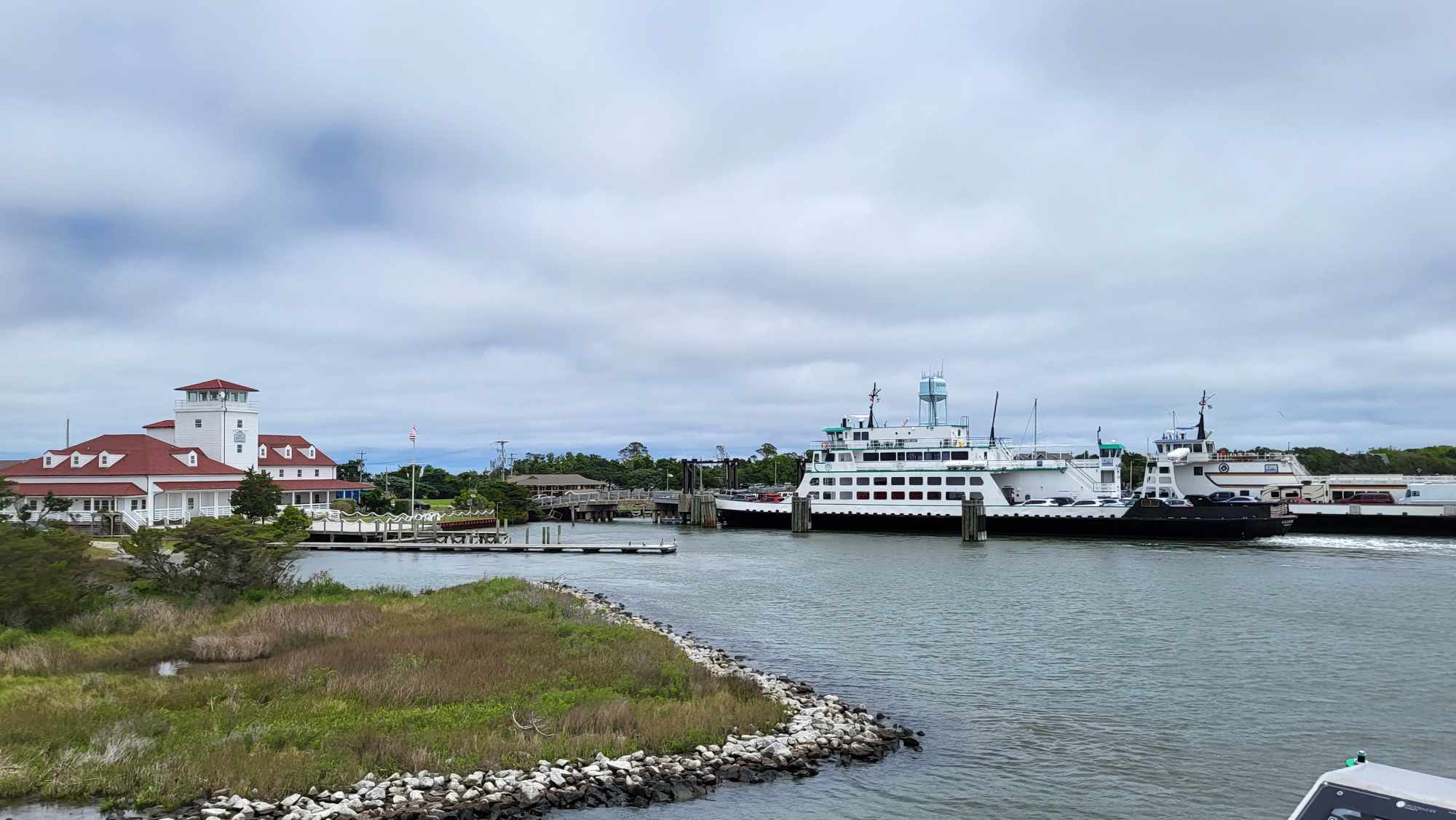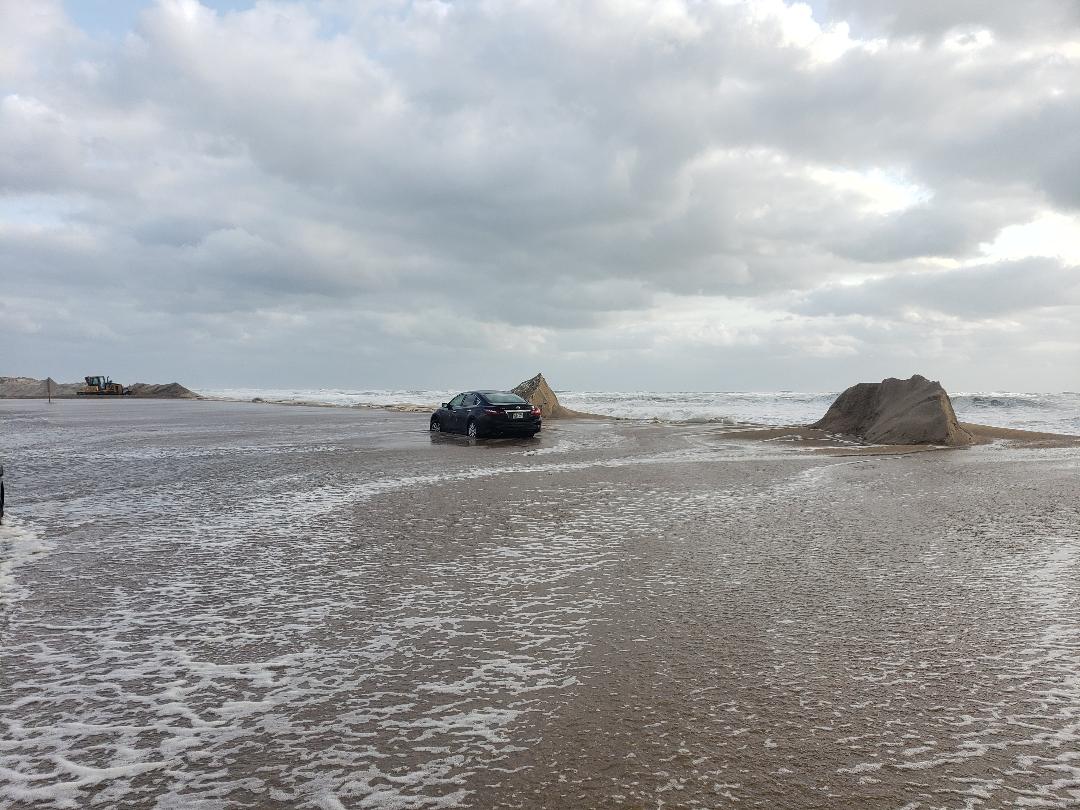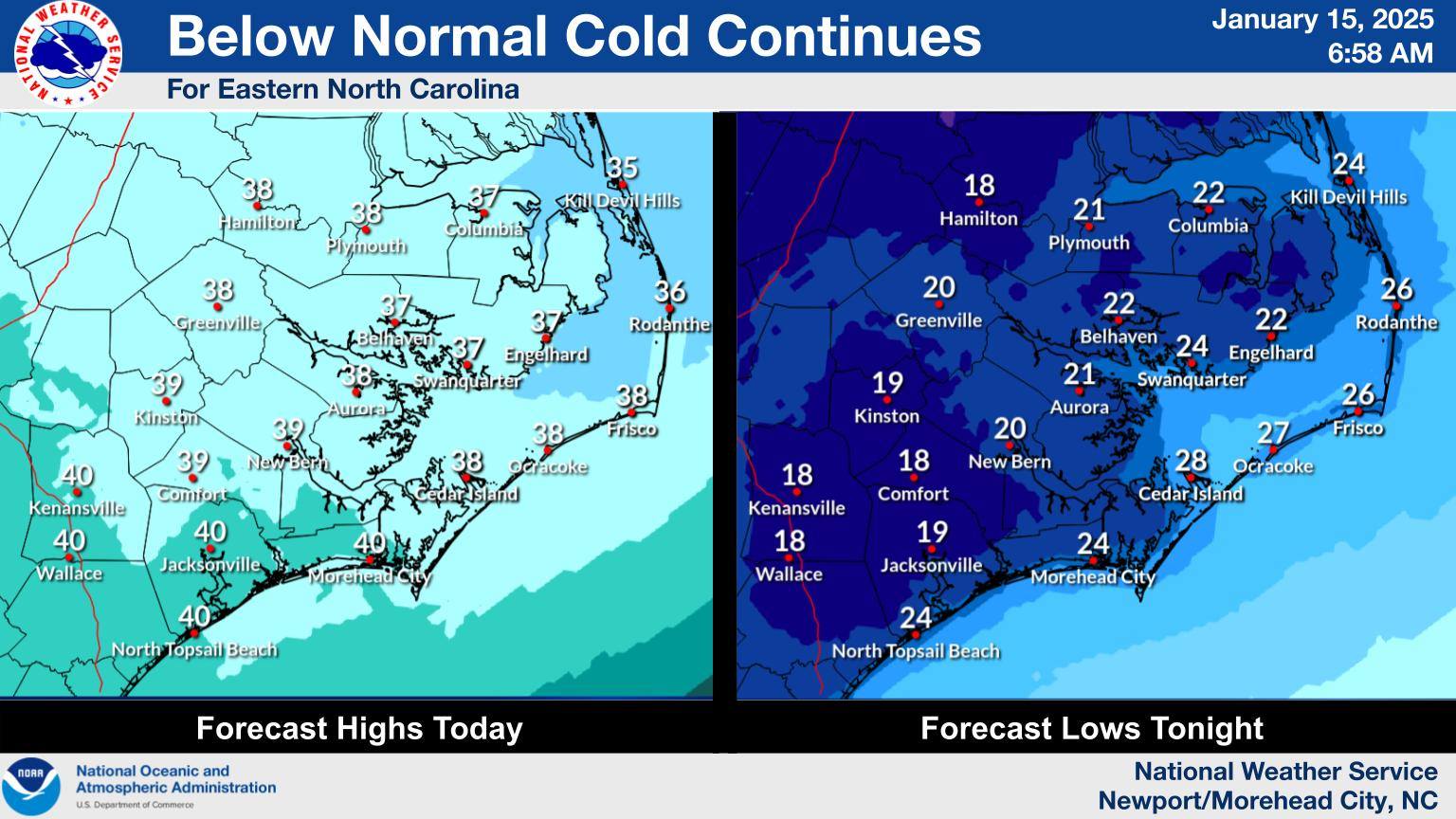Hatteras Islanders invited to learn more about DEEPP project at July 14 community meeting
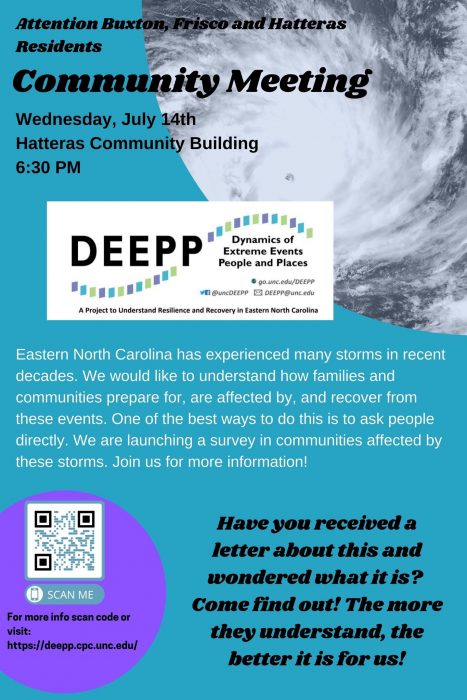
Hatteras Island residents are invited to an upcoming community meeting on Wednesday, July 14, to learn more about a statewide project that seeks to collect data to help communities prepare for, (and recover from), future storms.
The meeting, which will be held at 6:30 p.m. at the Hatteras Community Building, will feature representatives from DEEPP, a UNC Chapel Hill based-group that is working to better understand the short-term and long-term impacts of flooding events, and how households and communities recover from them.
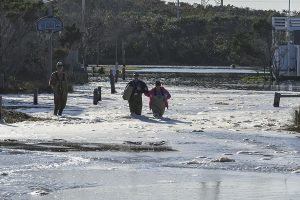
The Dynamics of Extreme Events, People, and Places group, (or simply DEEPP), is an interdisciplinary team of scientists interested in the environmental, economic, social, and psychological impacts of storms and floods in coastal Carolina communities. The organization combines survey data with satellite imaging, flood mapping, and storm surge mapping in order to provide community planners and policymakers with information they can use for future disasters.
In order to better understand these impacts, as well as local recovery efforts, DEEPP focuses on both scientific approaches, as well as more personal means of data collection.
For example, a critical piece of this project is mapping exposures from past events by triangulating across two key sources of information: outputs from computational geophysical models and data collected remotely by satellites and airborne sensors. But on a personal level, DEEPP is also conducting a random survey of households in several communities affected by Hurricanes Matthew, Florence, and Dorian, noting that “one of the best ways to learn about people’s experiences and thoughts is to talk to them directly,” per the group’s website.
The July 14 meeting in Hatteras will shed light on the project, and will allow residents to share their own experiences with storms over the past few years, providing a clearer picture for DEEPP researchers.
“Most often, storm damage is assessed by property damage. That leaves out those who are not property owners and marginalized groups, and all voices are important,” said meeting organizer Karla Jarvis. “Some have already gotten letters about the research, and might be wondering [about the project], so we invited [DEEPP] to come and talk to folks about it directly.”
DEEPP is a collaborative effort of multiple departments at UNC Chapel Hill, including the Carolina Population Center, Institute of Marine Sciences, Institute for the Environment, Odum Institute for Research in Social Science, and Coastal Resilience Center.
For more information about DEEPP, visit https://deepp.cpc.unc.edu/.




